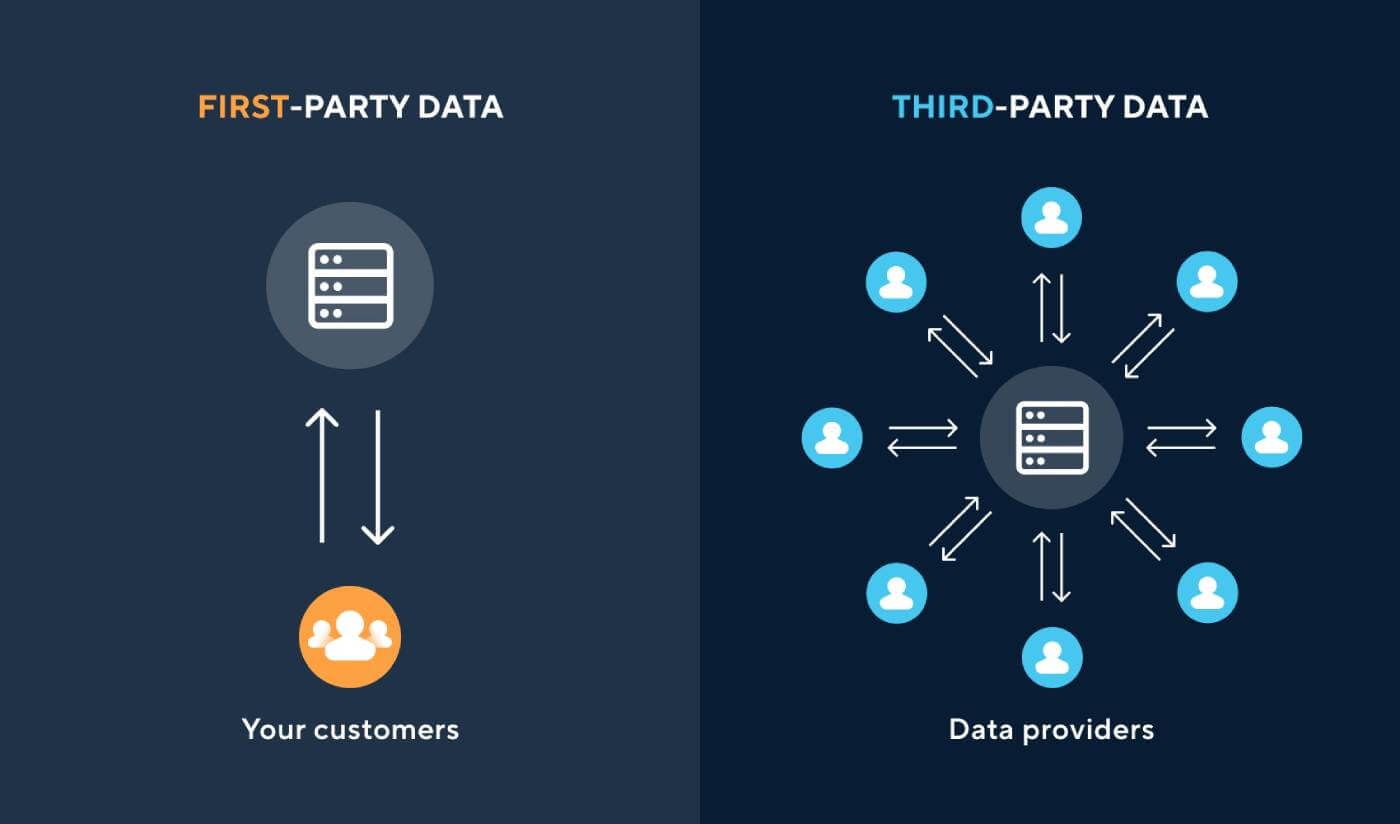
Solutions for tracking and reporting on first party data
- Shutta Copy Desk
- March 9, 2023
- Data Analytics and BI
Tracking and reporting on first-party data is essential for businesses to understand their customers and make data-driven decisions. First-party data is data that is collected and owned by the business, and it can include website analytics, CRM data, and customer purchase history. This type of data is considered the most valuable as it is directly collected by the business and is the most relevant to their operations.
First and foremost, tracking and reporting on first-party data is important because it allows businesses to gain a deeper understanding of their customers. This data can provide insights into customer behavior, preferences, and demographics. For example, website analytics can show which pages on a website are the most popular and which products are the most in demand. CRM data can provide information on customer interactions and purchase history. This information can be used to personalize the customer experience, improve marketing strategies, and increase sales.
One solution for tracking and reporting on first-party data is using a Customer Relationship Management (CRM) system. CRM systems are designed to store, manage, and analyze customer data. They can provide a centralized location for storing customer information, such as contact information, purchase history, and interactions. Additionally, many CRM systems offer reporting and analytics capabilities that allow businesses to track customer behavior and analyze trends.
Another solution for tracking and reporting on first-party data is using a Business Intelligence (BI) tool. BI tools are designed to collect, store, and analyze data from various sources, including first-party data. They can provide businesses with insights into customer behavior, marketing performance, and financial performance. Additionally, many BI tools offer dashboards and reporting capabilities that allow businesses to track and analyze data in real-time.
Another solution for tracking and reporting on first-party data is using a Data Management Platform (DMP). A DMP is a system that can collect, store, and organize first-party data, as well as third-party data, and allow marketers to segment, target and activate it to drive better outcomes. DMPs are typically used to help advertisers to better understand their audiences and to improve the performance of their advertising campaigns.
Finally, businesses can also track and report on first-party data by using a combination of tools and methods. For example, businesses can use website analytics tools to track website traffic and behavior, and then use a CRM system to track customer interactions and purchase history. Additionally, businesses can use BI tools to analyze data from various sources and create reports that provide insights into customer behavior and marketing performance.
Will third party data disappear altogether?
It is unlikely that third-party data tracking will disappear completely, as it can provide valuable insights for businesses. Third-party data is data that is collected by entities other than the business, such as social media platforms, data brokers, and other websites. This data can provide information on consumer behavior, demographics, and interests, which can be used to improve marketing strategies and target specific audiences.
However, there are several factors that may affect the use and availability of third-party data. One of the biggest factors is the increasing focus on data privacy and regulations. For example, the General Data Protection Regulation (GDPR) in the European Union and the California Consumer Privacy Act (CCPA) in the United States have placed stricter rules on the collection and use of personal data. This has led to a decrease in the availability of third-party data and an increase in the cost of obtaining it.
Additionally, as consumers become more aware of data privacy issues, they may take steps to limit the amount of personal data that is shared with third-party companies. This could lead to a decrease in the amount of third-party data available for tracking and reporting.
Another factor that may affect the use of third-party data is the increase in the use of privacy-focused browsers and ad-blockers which can limit the ability of third-party trackers to collect data on users.
While third-party data tracking may be affected by the increasing focus on data privacy and regulations, as well as the rise of alternative methods for tracking and reporting, it is unlikely that it will disappear completely. Businesses will continue to find value in third-party data and will likely adapt their methods to comply with regulations and address the concerns of consumers.
Related Posts

- Shutta Copy Desk
- March 9, 2023
Facebook CAPI & Server-Side API
Data tracking is an essential aspect of any business that wants to understand its customer base ..

- Shutta Copy Desk
- March 9, 2023
Quick guide to Google Analytics
Google Analytics is a powerful web analytics tool that allows businesses to track and analyze w ..
